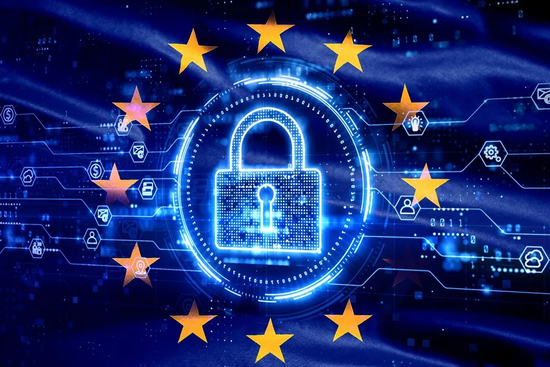The DSA has been assessed as one of the EU's most ambitious pieces of legislation on online content control with its imposition of important obligations on online platforms. The DSA’s rules are intended to prohibit advertisement that is targeted at children or based on sensitive data such as religion, gender, race, or political opinion. Acts of tricking users into providing online personal data to companies will also be banned.
In April, the EU published a list of 19 major online platforms and search engines subject to strict controls. Platforms can be fined up to 6% of global revenue if they do not comply with the law, or even be completely banned in the EU market for repeated violations.
There is no denying the positive meaning of this new law in the current context of rapid technology development. Social media is a place for people to connect, but is also where a lot of untrue and unverified information or information that incites violence is spread. Specifically, children and youths are the focus customers of many online platforms. Therefore, means to prevent the impact of harmful content on this vulnerable group has always attracted the attention of the public.
EU leaders expressed their pride and hope that along with a number of other laws, the DSA will usher in a new era of technology law, in which technology companies must proactively demonstrate that they comply law enforcement. Public opinion also welcomes efforts to bring healthy cyberspace to users. Andrea Renda, a senior fellow at the Centre for European Policy Studies (CEPS) based in Brussels (Belgium), said the DSA is a landmark law. Suzanne Vergnolle, a professor of technology law in Paris (France), said the DSA is part of a strategy to promote more empowerment for individuals, regulators, and civil society.
The "tech giants" are rushing to make a series of changes to comply with stricter EU regulations. Meta Company announced that Facebook and Instagram users in Europe will have more control over how content on these social networking sites is viewed. For example, users can choose to read contents on Story only from people they follow. Meta will also provide more information on how the company's artificial intelligence system ranks content on Facebook and Instagram pages.
Google made a new commitment to improve transparency in content moderation across all the services and platforms it offers. Specifically, Google will expand the operation of the “Ads Transparency Centre”, which provides users with information about targeted advertising activities and gives special access to researchers to help them better understand the actual operation of the company.
With the implementation of the DSA, the EU is showing a pioneering role in strengthening the management of technology companies. The successful application of the new EU regulations will promote the development of similar laws globally, improve the responsibility of online platforms, and help make the online environment healthier and safer.
















